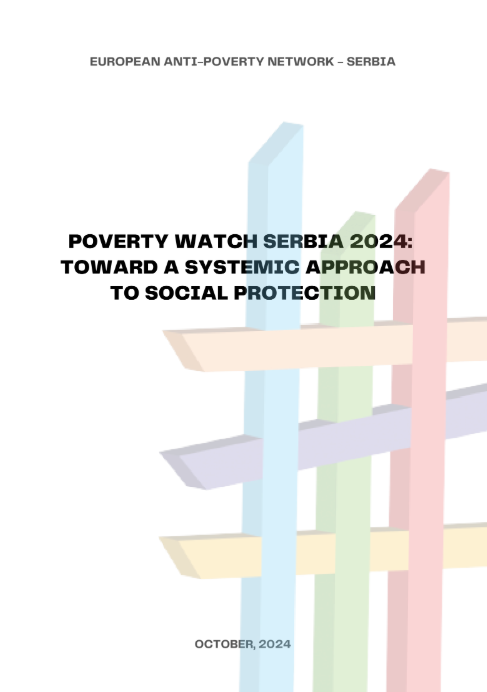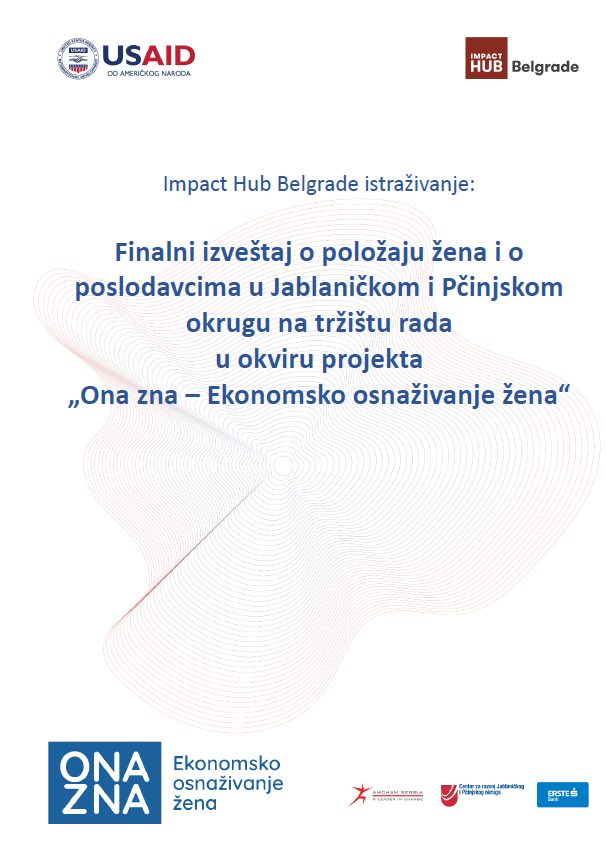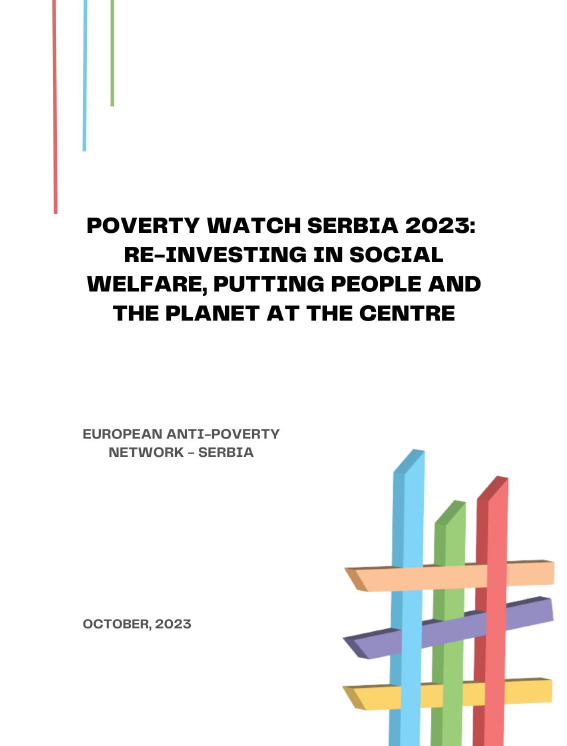The study “Comparative Analysis of the Role of Civil Society in Providing Social Care Services in the Western Balkans“ was created as part of the “Improving the Provision of Social Services Delivery in South Eastern Europe through the Empowerment of National and Regional CSO Networks” project which was supported by the European Union. The aim of the study was to point out issues and problems that should be topics of public debates and formulate recommendations and examples of good practice that will be presented to key players in each of the country included in the analysis.
The study is based on available data and studies, and a series of semi-structured interviews conducted with selected representatives of NGOs and government authorities. It consists of 5 chapters analysing social care systems in Bosnia and Herzegovina, Montenegro, Croatia, Kosovo and Serbia (Analysis of legal and institutional framework, Associations of citizens in social protection, Recommendations for advocacy work). A special chapter presents an analysis of examples of good practice, where the following was recognized as the most important: local foundations, registers of service providers, resource centres and cross-sectoral initiatives. Also, the study contains recommendations for each country, as well as regional recommendations providing a basis for joint activities of NGOs from the region.













